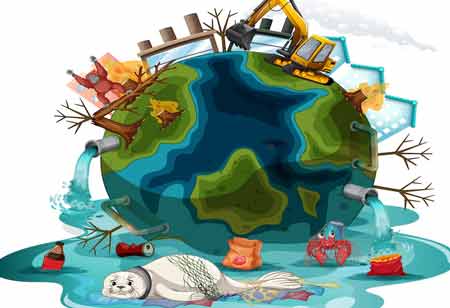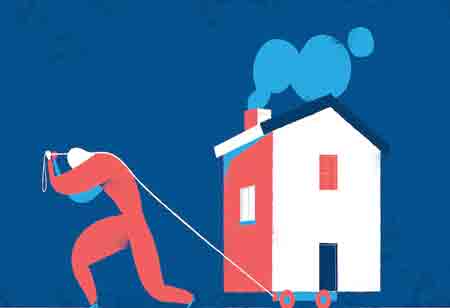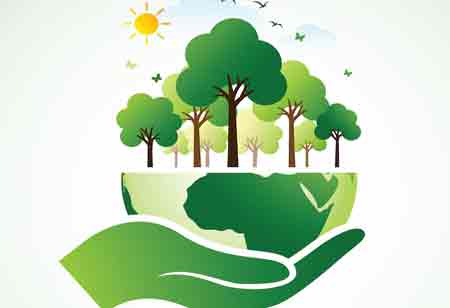Thank you for Subscribing to Environmental Business Review Weekly Brief
The Growing Need to Tackle Climate-Driven Natural Disasters
Natural disasters underscore the critical need for climate action, calling on governments, businesses, and individuals to reduce emissions and adopt sustainable practices.

By
Environmental Business Review | Wednesday, September 10, 2025
Stay ahead of the industry with exclusive feature stories on the top companies, expert insights and the latest news delivered straight to your inbox. Subscribe today.
FREMONT, CA: Hurricanes, wildfires, droughts, and floods are growing more frequent and severe, causing widespread damage to ecosystems and communities, making climate change action more urgent than ever.
Hurricanes and Cyclones: Hurricanes and cyclones, fueled by warming ocean temperatures, have become more frequent and intense in a changing climate. These storms bring destructive winds, storm surges, and torrential rainfall, causing widespread damage to coastal areas and infrastructure. Superstorms like Hurricane Katrina and Cyclone Idai are stark reminders of the catastrophic impact of extreme weather events exacerbated by climate change.
Wildfires: Prolonged dry spells and increasing temperatures create ideal conditions for wildfires to ignite and rapidly spread. From the Australian outback to the Amazon jungle, wildfires have devastated vast tracts of land, destroying homes, forests, and wildlife habitats. Since these fires are unprecedented and ferocity, swift action is needed to mitigate climate change and manage ecosystems sustainably.
Floods: As temperatures rise, so does the risk of intense rainfall events and flooding. Urbanization and inadequate infrastructure exacerbate the impact of floods, leading to property damage, displacement, and loss of life. Floods devastate communities and strain resources and infrastructure, underscoring the importance of climate-resilient urban planning and flood management strategies.
Droughts: Prolonged droughts, exacerbated by climate change, have far-reaching consequences for agriculture, water security, and ecosystems. Regions reliant on rainfall for agriculture face crop failures, food shortages, and economic instability during periods of drought. Additionally, dwindling water supplies exacerbate conflicts over water resources, highlighting the interconnectedness of climate change and geopolitical tensions.
Heatwaves: Heatwaves are fueled by rising temperatures linked to climate change, which poses significant health hazards and strains energy infrastructure. The elderly and underprivileged groups are among the vulnerable groups most vulnerable to heat-related diseases and deaths. Additionally, heatwaves intensify the impacts of urban heat islands, making densely populated places more susceptible to heat stress.
Melting Ice Caps and Sea-Level Rise: Sea levels rise as polar ice caps and glaciers melt more quickly, endangering coastal ecosystems and livelihoods. Sea-level rise exacerbates storm surges, flooding, and erosion, resulting in coastal inundation and saltwater leaking into freshwater sources. In addition to upsetting global weather patterns, ice caps melting further destabilizes ecosystems and exacerbates climate extremes.
Landslides and Soil Erosion: Intense rainfall events and destabilized landscapes increase the risk of landslides and soil erosion, particularly in mountainous regions and areas prone to deforestation. Landslides pose significant hazards to communities, infrastructure, and transportation networks, necessitating proactive land management and erosion control measures to mitigate risks and protect vulnerable populations.





